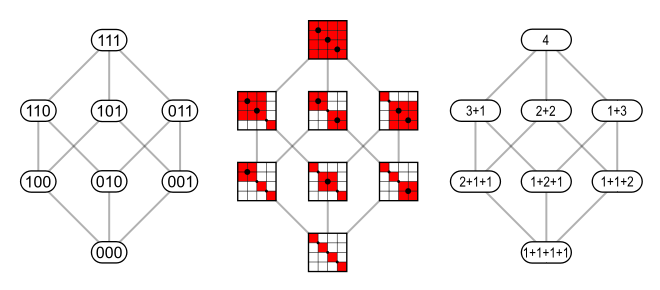Robert Davidson’s first-ever tweet is a remarkable one:
https://twitter.com/robcomposer/status/558447982807248896
Rob’s tweet raises three profound questions in my mind.
1) Does speech consist of melodies?
If your definition of melody doesn’t require precise pitch values, then yes, speech is indeed melodic. When we talk about prosody, both of the emotional and semantic varieties, we’re really talking about the substantial overlap between talking and singing. Speech has a beat and a tempo. You can transcribe speech into rhythmic notation without difficulty. You can think of rap as highly specialized and structured prosody. Rakim Allah refers to his own flow as “my melody.”
The most strongly musical speech is the kind we direct at babies; it’s much closer to singing than semantic language. The archaeologist Steven Mithen looked at the musical nature of speech and arrived at a remarkable hypothesis: that music preceded language in human evolution. I find it to be a highly convincing idea. Check The Singing Neanderthals and decide for yourself; you can also read a review.
2) Is speech composition or improvisation?
It’s significant to me that we use the word “composition” both in the musical and verbal senses. We also use it to describe the spatial layout of a work of art, and in various unrelated mathematical senses.
We compose music and we compose speeches and essays; we improvise music and we speak off-the-cuff. Music composition seems so difficult to non-musicians, but that’s just because we all have enormously more practice composing sentences. Our effortless mastery over language composition is so complete that we don’t realize what a stupendously complex thing it is we’re doing every time we open our mouths. Making up tunes is not hard at all if you practice it.
3) Is improvisation really just fast composition?
Yes indeed it is. Great composers are just about always great improvisers. Jazz improvisers make the real-time compositional task easier by imposing some constraints: a song form, a mode, a set of motifs or licks. Of course, pencil-and-paper composers frequently impose constraints as well; what is a style if not an implicit set of compositional guidelines? Arnold Schoenberg said in his essay “Brahms the Progressive” that composition is “slowed-down improvisation.” By that logic, writing is slowed-down speech. I like it! Thanks, Rob! I look forward to your second tweet.

